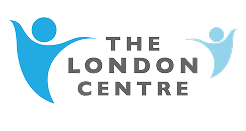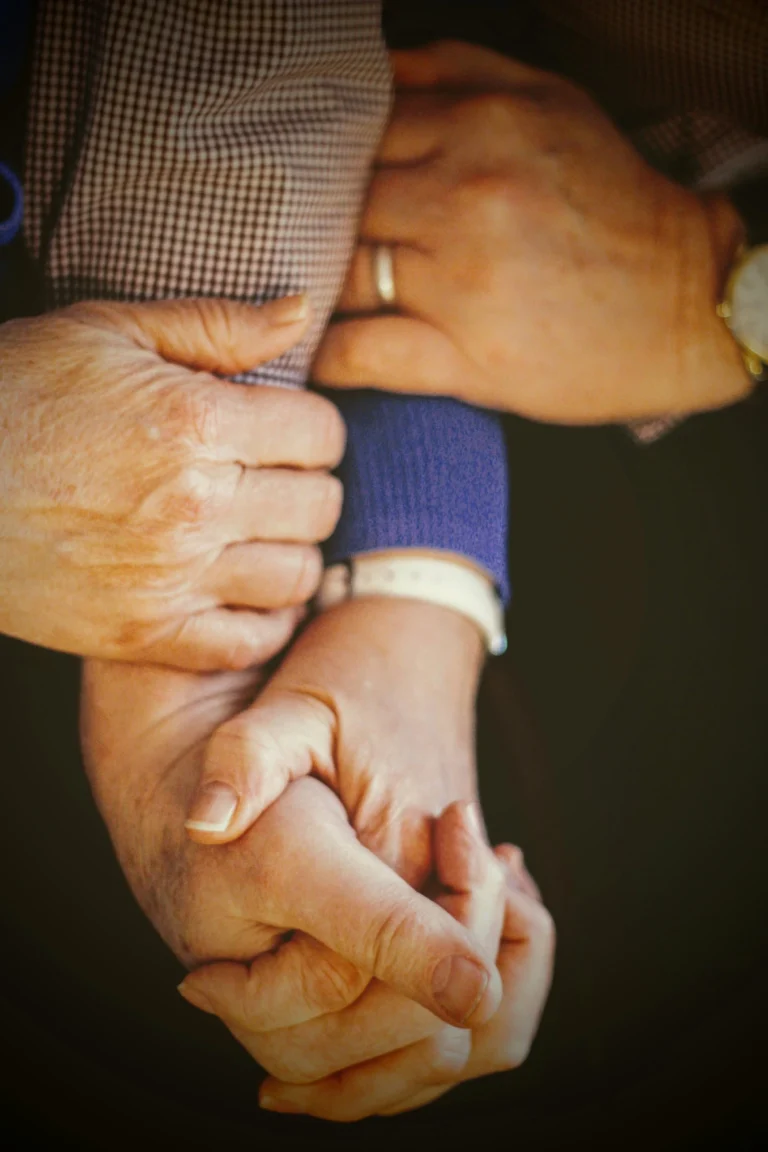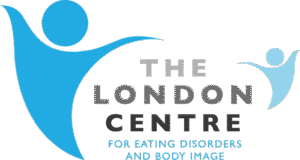The Blog
The London Centre Blog
Our team of experienced eating disorder therapists and specialists provide compassionate, evidence-based care to help clients achieve long-term recovery and wellbeing.
The London Centre Blog
Everyone at The London Centre is experienced in working with people with eating disorders and body image issues. We know how important it is to find the right therapist for you, and we hope that the information below will help you with this process. Click on the names below to read our full biographies.












